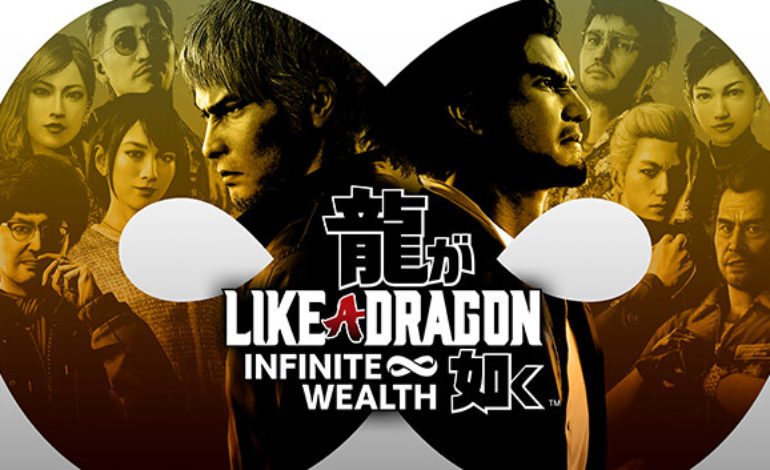

At last, we have arrived at the final act of SEGA’s yearlong Yakuza release plan, the first act, which was, in retrospective, a mediocre remaster of a game whose only reason it got any attention was the fact it was being released in the West in any form. The second act was an appetizer before the main course that was viewed as satisfactory by the fans. That brings us to the third and final act, being Like a Dragon Infinite Wealth or, as I will call it, Yakuza 8. To say I was personally hyped for this game would be an understatement. I tried to stay in the dark as hard as I could before release; the only things I knew were some story elements and that this game would be the biggest in the entire franchise, and after putting in more than 100 hours over the course of a week and completing the story and seeing I only did 40% of what the game has to offer, I would agree with them on that.
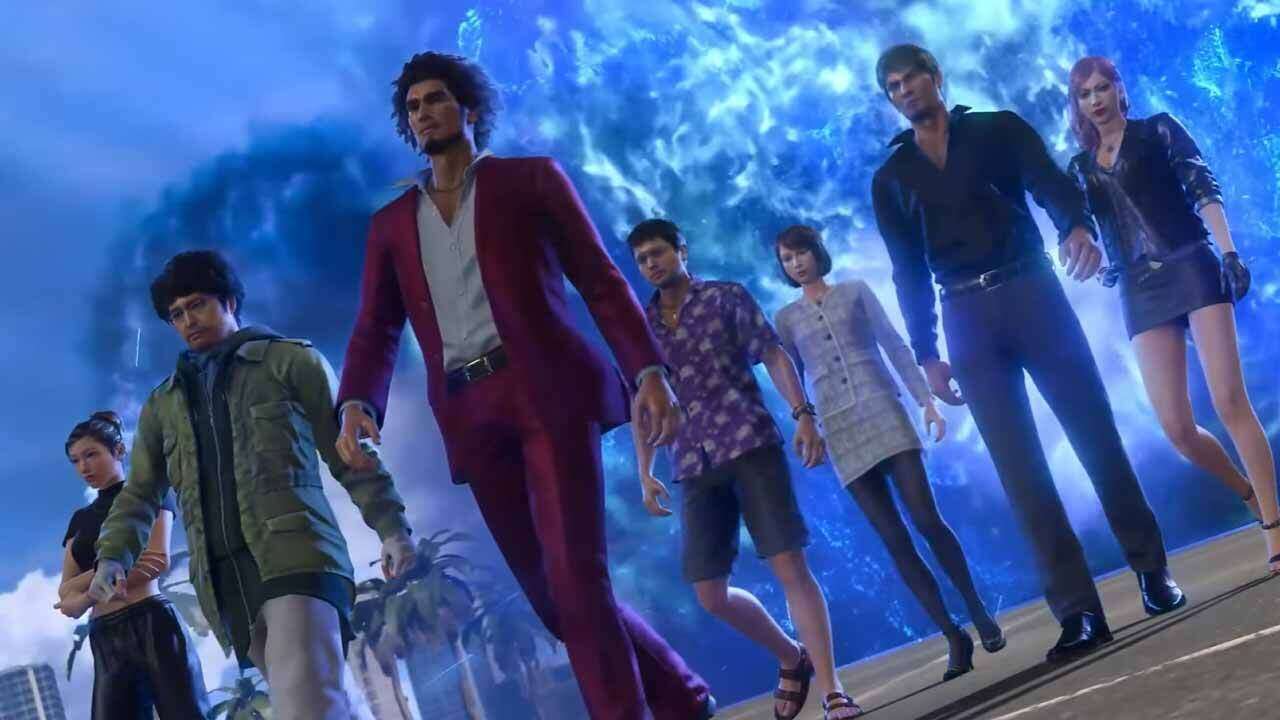

Infinite Wealth picks up three years after the events of Yakuza 7, where new protagonist Ichiban Kasuga is living his best life with his group of friends from the last game. He has taken a job trying to help people out to fulfill his dying boss’s wish. Everything seems to be going well for Ichiban until he loses his job after a true crime VTuber exposes his past and makes him look like the villain. Now, the last sentence would be the point that if this wasn’t a Yakuza game, you would immediately close out this window and question what just happened. But I have grown accustomed to the oddness of Yakuza games to this point, and its social commentary on fake information and “cancel culture” is timely and relevant to modern culture, and that’s before we even step a single foot into America. So, after losing his job, Ichiban gets a message saying that his long-lost mother is still alive and somewhere in Hawaii, so he jets off to America to find her. At this point, you can start to see the find-and-replace story beats from previous Yakuza games; the main character gets stuck in a turf war with different factions of underworld crime, stumbles across a conspiracy so complex that it would make Christopher Nolan’s whiteboard blush and have moments that flip tones from wacky insanity to depressing realistic. I mean, one moment, I was doing a side quest involving an exploding hoverboard, and the next, I came across a man crucified in the alleyway. Like I said, I’m used to the tone shifts, but some of them here were jarring, to say the least.


As for callbacks to previous games, this one takes the Star Wars sequel trilogy approach, except each one of them, for fans, was earned and deserved. Kiryu is back in the main squad, and his character arc was probably my favorite because it was the one that got the most emotion out of me, mainly due to how much time I have spent over the years playing as him. But his storyline felt more melancholic than Ichiban’s, mainly because this felt like his final chapter, wrapping up everything, looking back at where his life had taken him and what he had done to protect those close to him. There were several moments that I did tear up during Kiryu’s section, mainly from memories and just characters from a previous age and moving on with life but still holding onto the past.
As for the gameplay, it’s the exact same thing as the previous Yakuza game, except now it’s not as annoying as I found it to be the first time. The main difference is that combat now has a pseudo-tactical element in which you can move around and grab weapons on the ground and use them in your attacks, just like the old Yakuza games, and that helped a lot when I forgot to recharge my magic power before a fight. I also found it to be not as unforgiving as the first one, mainly because I understood how to stun and status effect enemies this time, but it does still have that moment near the end that, out of nowhere, it expects you to know what you are doing or you are going to have to start grinding like crazy, I didn’t have that issue, but I’m saying it here in case the idea of grinding comes across your mind.
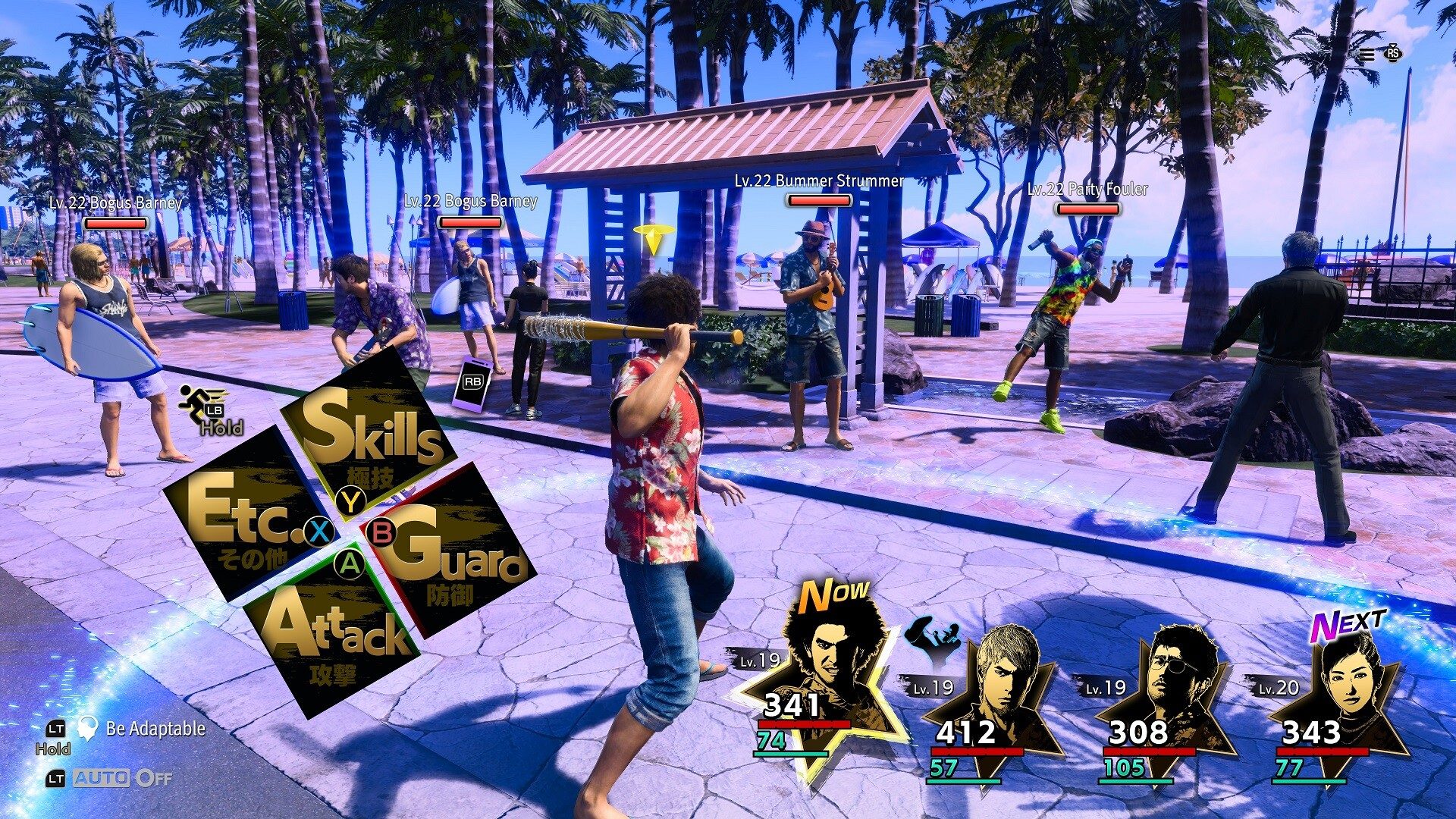

As for the side activities, it’s insane how, over time, they were just additions; now they are just full-fledged games. The main one that was shown during the marketing push was this Animal Crossing-style resort that I took one look at and went, “this will suck a lot of time out of me,” and left when it gave me the option; it’s not bad it’s just I could see myself getting addicted very quickly, and I will be going back to very soon. You also have Crazy Taxi but with a bike instead of a cab. The Pokémon style Sujimon is back and more fleshed out this time around, and instead of just collecting them, it’s just Pokémon you can battle other “trainers” and go to an underground stadium and fight other Sujimon, and at this point, it turns the minigame into just Pokémon Stadium. You also have the arcade machines coming back, with the main new addition being Sega Bass Fishing, and I’m embarrassed to admit I spent more time on that than I am willing to admit, mainly just to feed that childhood dopamine rush.
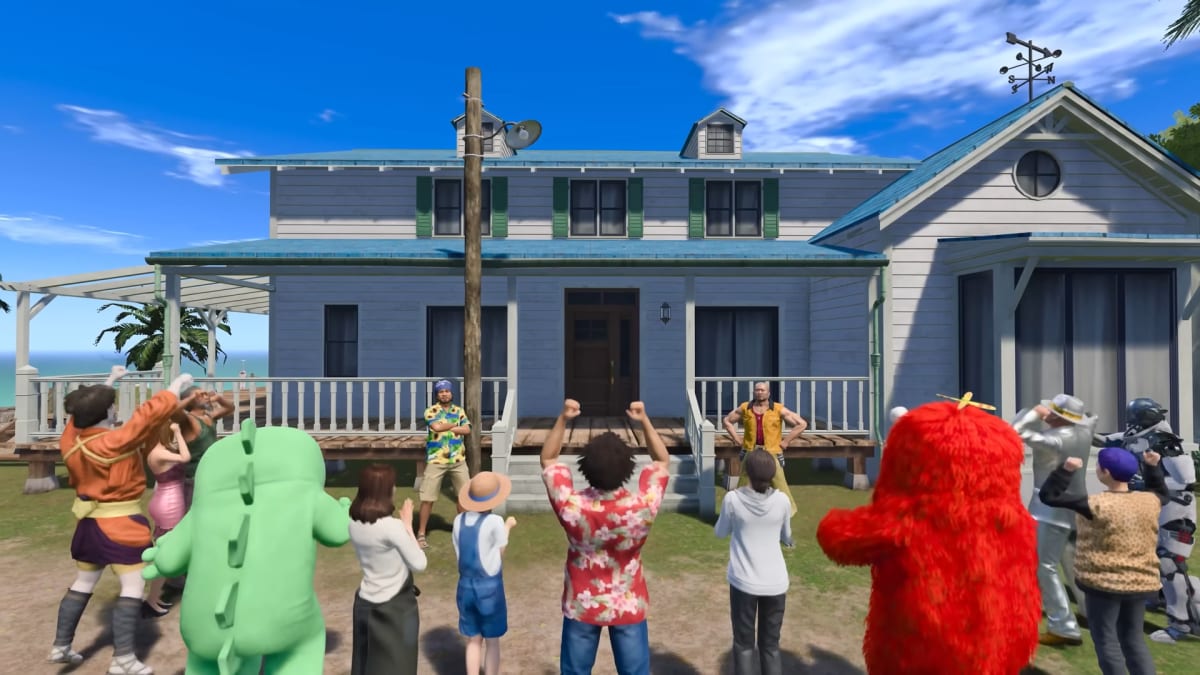

So, in the end, is Like a Dragon Infinite Wealth worth it? Yes, it is, even if you aren’t a major Yakuza fan. Mainly just on the amount of value you are getting here, this is a game that is worth a $70 price tag, and that is something that is becoming a rare thing these days. Even if you are a Yakuza fan, you will love the twists and turns on established norms that the story takes. From my perspective, this is easily the best Yakuza game since Yakuza 0, which is viewed by many fans as the gold standard of the series; it took everything it introduced in the last game and improved upon it, not to perfection, but made a lot of quality-of-life changes. That said, if they do decide with where this game ended up being the last in the legacy Yakuza canon and focus future games on only Ichiban, I am ok with that because they left it here in a great place.
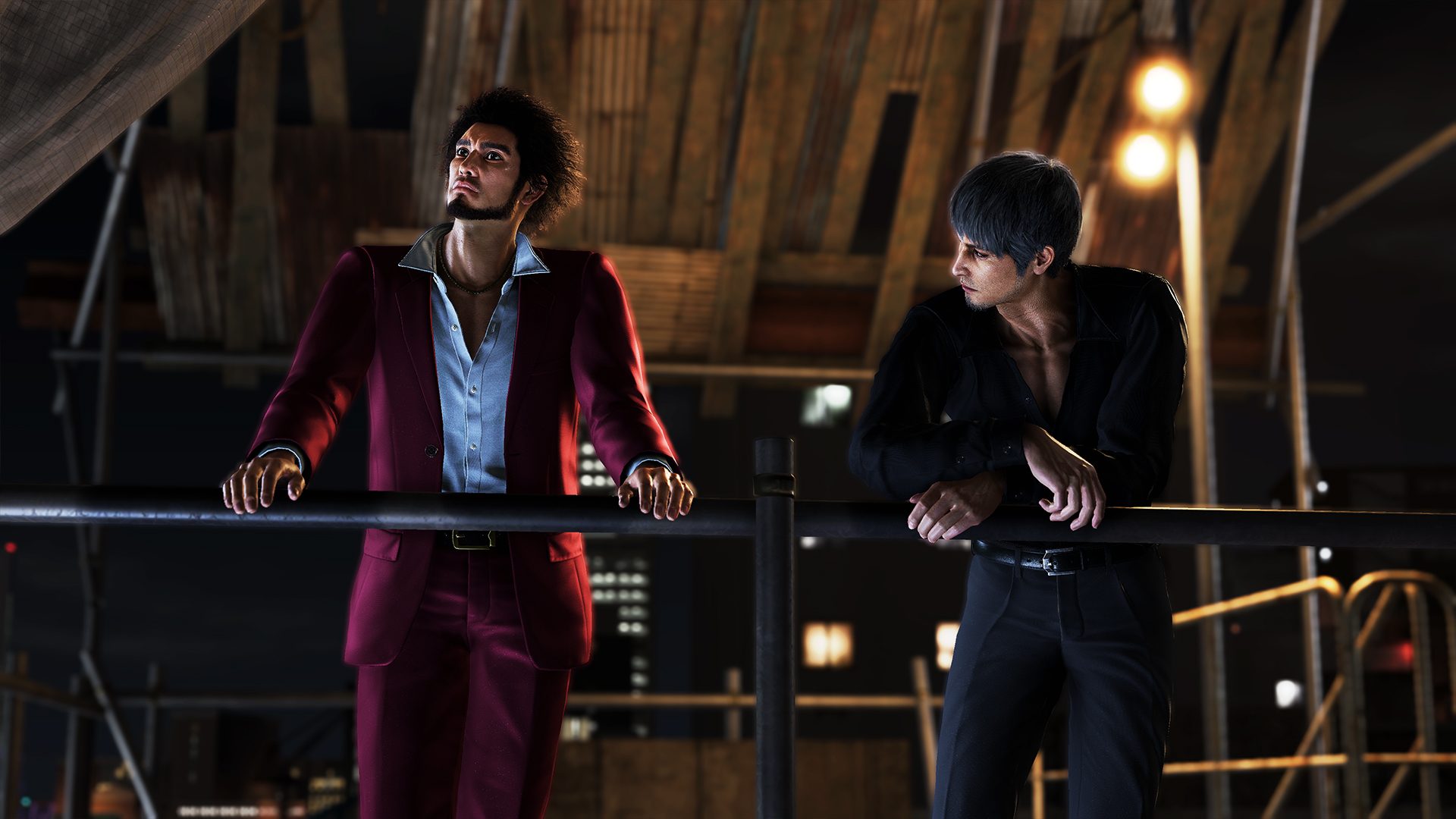

Score: 9 out of 10
Reviewed on PlayStation 5
Play games, take surveys and take advantage of special offers to help support mxdwn.
Every dollar helps keep the content you love coming every single day.
